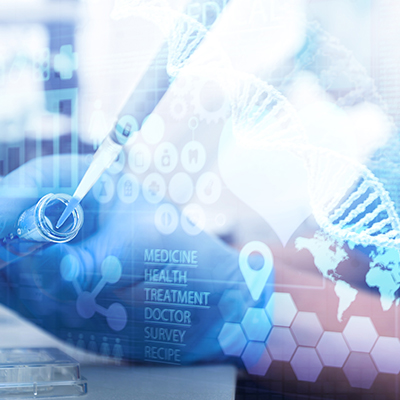 First full map of immune system connections unlocks drug discovery opportunities
First full map of immune system connections unlocks drug discovery opportunities
Researchers have created the first full map of immune system connections showing how immune cells communicate, pointing to ways to modulate the pathways to treat cancer and infectious diseases. Read More
 Google’s DeepMind, Chan Zuckerberg Biohub hail separate AI-scientific breakthroughs
Google’s DeepMind, Chan Zuckerberg Biohub hail separate AI-scientific breakthroughs
DeepMind and the European Molecular Biology Laboratory-European Bioinformatics Institute have used artificial intelligence (AI) to predict the 3D structures of nearly all cataloged proteins, while a team of Chan Zuckerberg Biohub scientists has developed a machine-learning method to quantitatively analyze and compare microscopy images of proteins with no prior knowledge. Read More
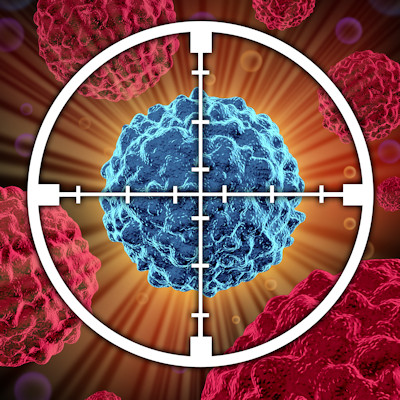 Soluble BCMA acts as decoy receptor to curb blood cancers in mice: study
Soluble BCMA acts as decoy receptor to curb blood cancers in mice: study
A soluble version of B-cell maturation antigen (BCMA), a B-cell surface receptor, may act as a decoy to stop two proteins driving the growth of blood cancers, according to a new study by researchers at Stanford University. Read More
 Research shows heart-damaging route of SARS-CoV-2 spike protein
Research shows heart-damaging route of SARS-CoV-2 spike protein
Researchers have demonstrated that the spike protein from the SARS-CoV-2 virus can lead to heart muscle injury through the inflammation process, according to preliminary research to be presented this week at the American Heart Association’s 2022 Basic Cardiovascular Sciences Scientific Sessions. Read More
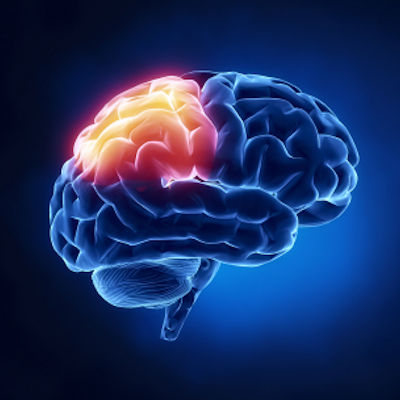 Scientists discover biomarkers associated with acute, chronic phases of TBI
Scientists discover biomarkers associated with acute, chronic phases of TBI
Arizona State University scientists have provided some of the first detailed view of the molecular and cellular mechanisms behind traumatic brain injury (TBI) as the condition progresses from the acute to the chronic phase. Read More
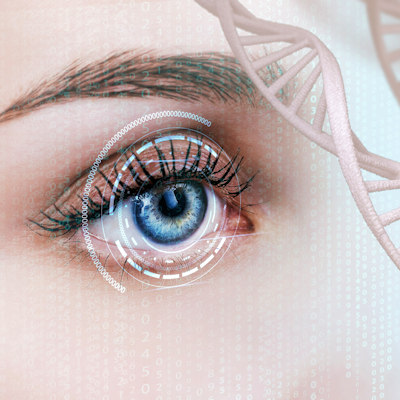 Loss of protective protein linked to age-related changes in the eye
Loss of protective protein linked to age-related changes in the eye
A study in mice has shown that the loss of a protein that protects retinal support cells may drive aging-associated diseases of the retina such as macular degeneration. Read More
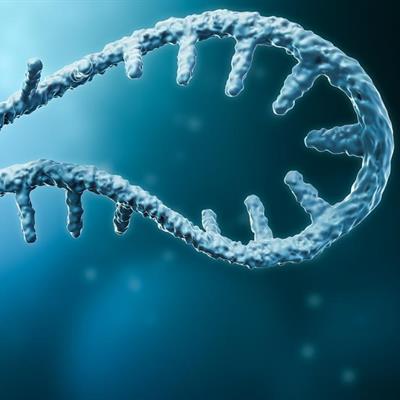 RNA molecules identified as potential ‘common driver’ of cancer progression
RNA molecules identified as potential ‘common driver’ of cancer progression
Moffitt Cancer Center researchers have challenged the widely held view that protein structure and function are the key drivers of cancer development. Their study found competitive endogenous RNA drive melanoma growth and metastasis by blocking the antitumor activity of other molecules. Read More
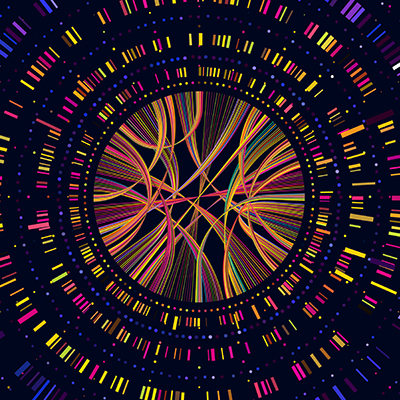 Ribosome profiling expands pool of potentially protein-coding regions of DNA
Ribosome profiling expands pool of potentially protein-coding regions of DNA
Using ribosome profiling, researchers from 20 institutions worldwide have identified more than 7,200 previously unrecognized gene segments of the human genome that may code for new proteins. Read More
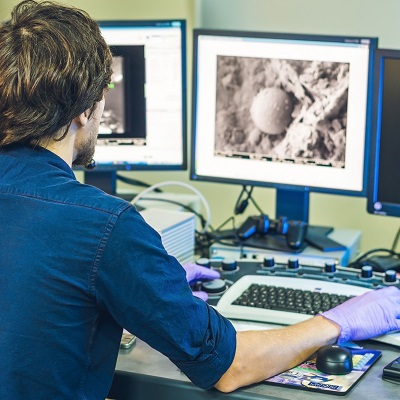 Researchers capture images of antibody attacking neuron receptor
Researchers capture images of antibody attacking neuron receptor
U.S. and German researchers have captured the first images of an antibody attacking a nerve cell surface receptor using cryo-electron microscopy, a technique that freezes proteins in place to get high-resolution microscopic images, according to a study published in Cell. Read More
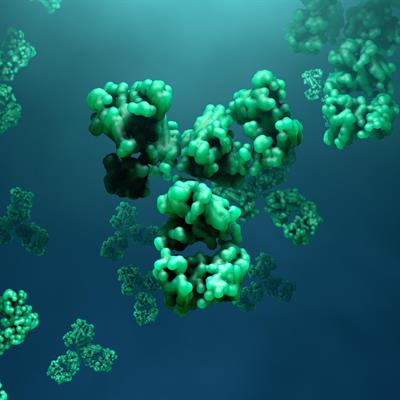 Protein crystallography links rigid antibody hinges to increased anticancer activity
Protein crystallography links rigid antibody hinges to increased anticancer activity
Researchers at the University of Southampton have gained new insight into the key properties of an antibody needed to fight off cancer using protein crystallography, revealing that the flexibility of the hinge between the arms of IgG2 antibodies affects the anticancer effects triggered by the molecules. Read More
Conferences
Science Briefs
Member Rewards
Earn points for contributing to market research. Redeem your points for merchandise, travel, or even to help your favorite charity.
Research Topics
Interact with an engaged, global community of your peers who come together to discuss their work and opportunities.
Conferences
Connect
Tweets by @ScienceBoard






